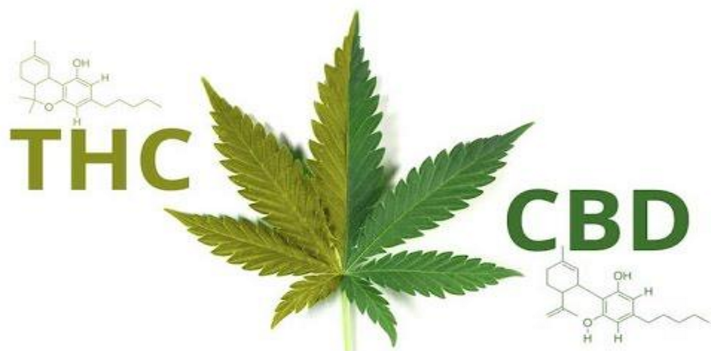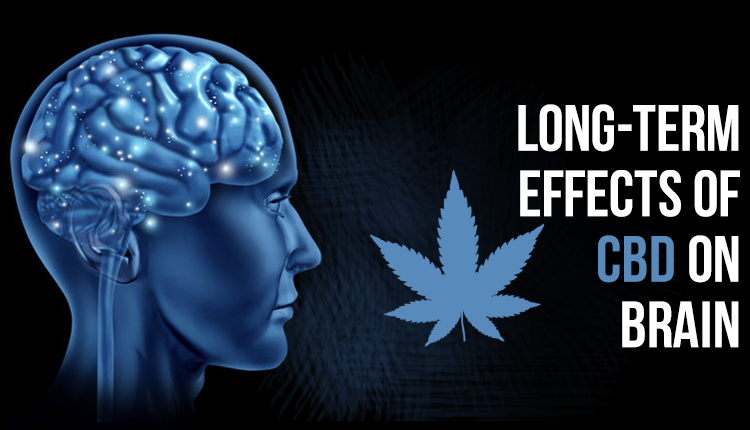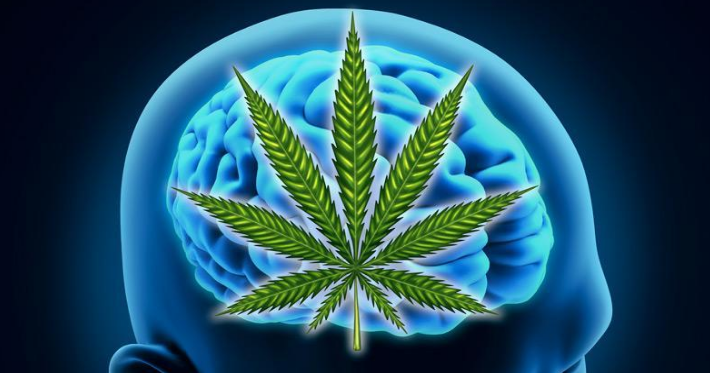Understanding CBD
To fully grasp how CBD interacts with our brain and other systems in your body, it is crucial to first understand the differences between CBD, THC, hemp, marijuana, and cannabis.
CBD (cannabidiol) and THC (tetrahydrocannabinol) are two compounds known as cannabinoids found in varieties of cannabis. They both possess similar medicinal properties; however, THC also has mind-altering properties, unlike CBD which is purely medicinal.
That is why marijuana, a variety of cannabis that is rich in THC and low on CBD, is often used for recreational purposes. In contrast, hemp contains high amounts of CBD and almost no THC which is why hemp is grown explicitly for medicinal and industrial purposes.

In the below video Cannabinoid Clinician, Dr John Teh further explains the differences between CBD and THC and how they interact with our body:
Cannabinoids and The Endocannabinoid System
Like we mentioned before, CBD is part of a family of compounds known as cannabinoids. Cannabinoids can further be divided into three groups: phytocannabinoids (cannabinoids produced by plants), endocannabinoids (produced naturally in humans), and synthetic cannabinoids (created artificially).
Endocannabinoids are one of three main components comprising the endocannabinoid system (ECS), a biological system that plays a huge role in regulating vital physiological processes like sleep, pain, metabolism, and brain activity.
In addition to endocannabinoids, the other two major components of the ECS are cannabinoid receptors and enzymes. Together, these three elements promote healthy cell activity in our systems helping us maintain a constant internal balance or homeostasis.
While our bodies naturally produce cannabinoids, ECS receptors are equally receptive to the effects of external cannabinoids like phytocannabinoids which is why CBD is highly effective in promoting wellness.
For more information on the endocannabinoid system, here is another video with Dr Teh:
CBD and Your Brain

CBD supports a healthy endocannabinoid system by influencing CB1 and CB2 receptors, the two main receptors found in the ECS. CB1 receptors are found mostly in the brain and nervous system while CB2 receptors are more common in the immune system.
Due to its unique properties that are unlike other cannabinoids, CBD improves the overall interaction of cannabinoids, receptors, and enzymes upon consumption.
When it comes to our brain and our mental health in particular, CBD helps regulate levels of anandamide, a type of cannabinoid believed to promote happiness when it binds to CB1 receptors in the brain.
Anandamide is produced naturally by the body, but it is often quickly degraded by enzyme FAAH (fatty acid amide hydrolase). CBD inhibits FAAH enzymes impairing its ability to break down cannabinoids like anandamide thus allowing for anandamide to stay longer in our systems.
Additionally, research suggests CBD activates the 5-HT1A serotonin receptor. Serotonin receptors influence many critical biological functions including anxiety and mood.

For this reason, serotonin receptors are the primary target of many antidepressants. By directly activating serotonin receptors, CBD may offer a safer alternative to antidepressants which often have serious side effects and can even be habit-forming in the long-term.
Long-Term Effects of CBD
Due to it being non-psychoactive and possessing no addictive properties, CBD poses no long-term (or short-term) risks for consumers.
In fact, continuous use of CBD may maximize its medicinal benefits on the brain and other systems. For example, consumption of CBD oil over extended periods may alleviate chronic pain or improve long-term sleep patterns if it is taken before bed.
Still not sure if CBD is right for you? These free CBD samples may help clear any doubts.
- How Commercial Cannabis Growers Can Benefit from Using a Software - May 17, 2019
- Understanding CBD Interactions and Why CBD and Your Brain Can Be Best Friends - January 4, 2019
- The Difference Between Using THC and CBD - December 19, 2018


